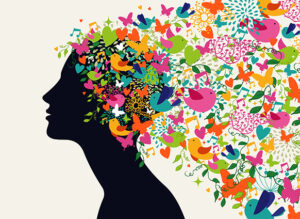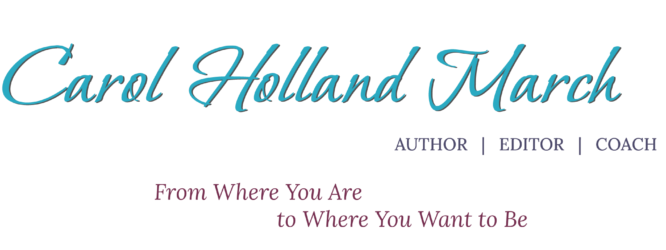
Many of my students sign up for a writing course because they have an urge to bring forth their experiences.
They want to write stories, poems, memoirs. Many have never written before. They don’t know where to start. What to write about. How to choose fiction or nonfiction. Many have confidence issues. Fearing judgement, they hesitate to share their work.
I understand the tenderness of the beginning writer, the courage it takes to put forth embryonic work and place it under the light of scrutiny.
Even though I had written professionally for years, when I was ready to put out my first fiction, I was terrified. The marketing and training books I wrote, the manuals, web text, and scripts, even the ghost-written articles—none were as personal as fiction. It took stern conversations with myself before I started sending my work to magazines, accepting the inevitable rejections, and sending it out again.
Now, after publishing many short stories, three novels, and a few personal experience narratives, I tell my students that I learned the most about writing from the effort to produce publishable work.
My writing teachers taught me much. So did the students in the classes and workshops I attended. Every editor I hired to advise me before I sent out a piece taught me something new.
Some magazine editors were kind enough to say why they rejected my piece. Some even suggested changes. Every time I looked anew at a rejected story, I found ways to improve it. And of course there was the exquisite pleasure when an editor said they liked my story.
The whole process was a learning experience. It toughened me and eventually became fun. Not to say I enjoy rejections, but they no longer stop me. It’s not personal. It’s the work. Which can be improved.
What’s important for new writers, especially those who start later in life, is to honor the urge to create. To bring forth and shape the nascent idea nagging at you. The images you know are part of a story. The characters who spring to life in your mind. The feeling that your experiences matter. Which they do.
We live our lives according to the story we tell ourselves. We change our lives by changing our stories. Whether we fictionalize our experiences or write searingly honest memoir, the benefits of getting them out of our heads and into the world are enormous. It helps us, and it helps others.
The drive to create is in everyone. It’s part of being human. Honored, it makes us more human. Our Creative Self urges us onward. It wants to be expressed. It wants to dance, with joy and abandon. Honor it.
So, write! Sing! Dance! Paint! Make a poem! Outline your novel! Decide you’re going to tell about all that you’ve learned! I promise, you won’t be sorry.


